Explication – Holy Sonnet #10
Death, be not proud, though some have called thee
Mighty and dreadful, for thou are not so;
For those whom thou think’st thou dost overthrow
Die not, poor Death, nor yet canst thou kill me.
From rest and sleep, which but thy pictures be,
Much pleasure; then from thee much more must flow,
And soonest our best men with thee do go,
Rest of their bones, and soul’s delivery.
Thou’art slave to fate, chance, kings, and desperate men,
And dost with poison, war, and sickness dwell,
And poppy’or charms can make us sleep as well
And better than thy stroke; why swell’st thou then?
One short sleep past, we wake eternally,
And death shall be no more; Death, thou shalt die.
Explication is one of the simplest ways that we can analyze a piece. Put simply, it is a close reading, a deep look into a text to see what surfaces. This can take on a number of different forms, depending on the media that is being analyzed, from a line by line reading of a poem or song (like the one that we are going to be looking at today), to detailed character analyses from a movie or book, to an examination of a particular chapter or section (like our ongoing Anatomy of a Film) series. Today we are going to look at John Donne’s Holy Sonnet #10 and the themes of death and afterlife that it contains. Read More…
Anatomy of a Scene - The Assassination of Jesse James by the Coward Robert Ford
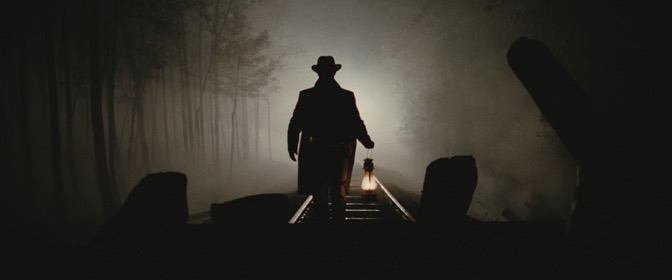
When a movie tells you how it is going to end, you know as a member of the audience that the ending matters less than the journey to get there. And over the years it has become almost a trope, where a movie opens with the main character in a very bad situation, before flashing back to find out how they got there, then promptly letting them escape. But then there are movies like this one, where they don’t engage in the trope. Jesse James dies in this movie. We know it from the second we look at the cover or walk into the theater. He is going to die, and we are going to have to watch.
Anatomy of a Scene - Sicario
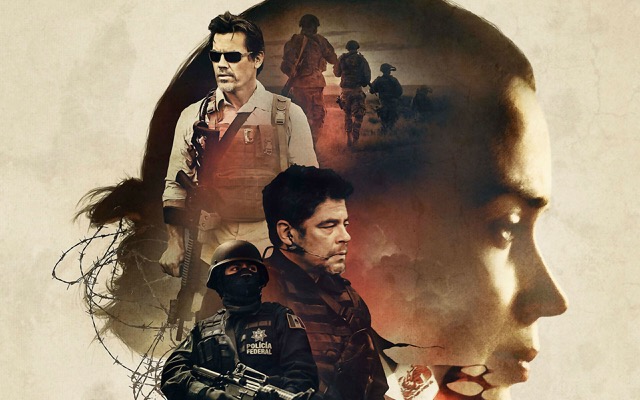
Sicario might be my favorite film of last year. Excellent cinematography, soundtrack, and story drove the film, backed up by some of the best acting I have seen in a while. Emily Bunt was fantastic as the driven Kate Macy and Josh Brolin was infuriatingly calm as the anonymous CIA agent Matt. But the star of the show for me was Benecio del Toro’s performance as Alejandro, who dominated the screen whenever he entered the frame. Dark, mysterious, aggressive, and caring, he presented an interesting and conflicted character that stayed just mysterious enough for you to want to know more about him.
At the climax of the film we found Alejandro sitting across from the cartel boss, Alarcón, who they have been hunting for the entire movie. Alejandro has snuck into Mexico through a drug tunnel that he assaulted alongside a team of Delta operators, Matt, Kate, and Reggie. He captures a lower level meter of the organization and uses him to sneak into Alarcón’s house, leaving a trail of dead bodies in his wake as he takes a seat at the family’s dinner table.
Death Doesn't Matter Anymore
Movies have raised the stakes. We have started to aim bigger and bigger. No longer are our heroes in any danger, or a simple building, plane, or even airport. Now cities are cast aside as fodder as the entire world is targeted, or even more. Each blockbuster feels like it needs to one-up their predecessor. It has created an ever increasing arms race of destruction, a spiral with no end in sight, and in doing so, it has made death and disaster cease to matter. X-Men: Apocalypse, Suicide Squad, Star Wars: The Force Awakens, The Avengers: Age of Ultron, and so many more.
We watch as our villains wipe out entire cities with a wave of their evil hands to prove how powerful and merciless they are. When they do, we are supposed to empathize with the victims and fear for the lives of our heroes. Instead we find ourselves feeling bored and eating for the writers to brush these events under the rug by the conclusion of the film with no one, except for the big bad, any worse for wear. Except for all of the dead civilians but hey, who cares about them. Read More…
On The Act of Killing
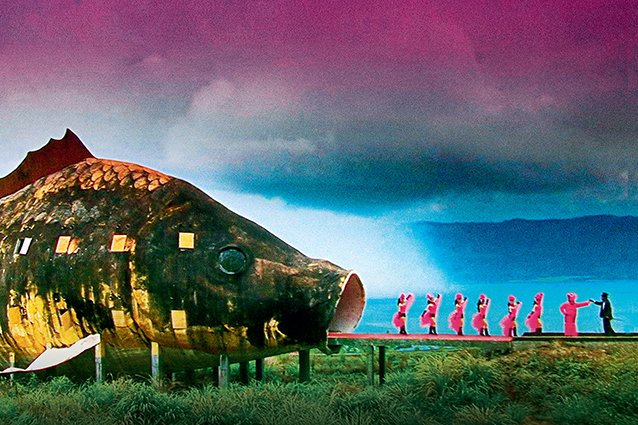
Death is one of the most significant events in our lives. It’s one of our only assurances. It is going to happen at some point. Whether you like it or not. Death will visit us, touching someone, somewhere, somehow. It’s an event that forever changes those who it touches. It has an impact that cannot be understated.
The Makings of a Good Horror Movie Kill
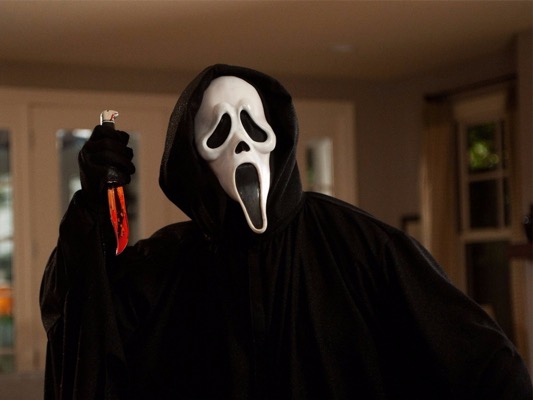
Ever since the advent of the slasher genre, horror movies have tried to become more and more inventive with the way they splatter their gallons of blood across the screen. We can only watch so many unstoppable murderers slash horny teens with machetes before we get bored. We want our mythical killers to be as ingenious as they are deadly. Our desire for the dastardly machinations of vengeful beasts is the whole reason that franchises like Saw or Final Destination can not only continue to exist, but thrive. To see the wild and wacky ways that writers can invent to kill teenagers who stumbled into the wrong haunted graveyard.
Dying to Win - Death as a Gameplay Mechanic
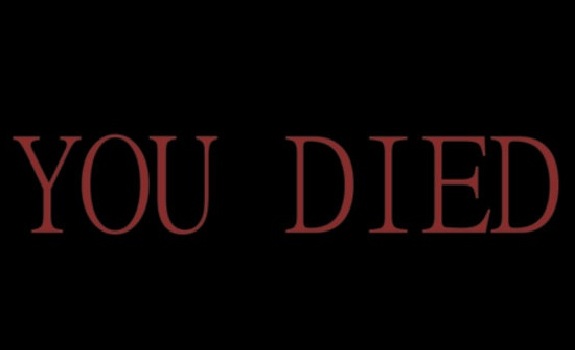
If you’ve been playing games for any period of time, you’ve likely died a lot. You’ve thrown yourself against the video game meat grinder and come out the other side. There are games almost built around the idea of death as a crucial part of the game and players treat their completion like a badge of honor. Dark Souls: Prepare to Die, Rogue Legacy, and so many more take death and turn it from an inconvenience into a mechanic. But on the other side you have games like Super Meat Boy or Bioshock, which do their best to make death as little of an inconvenience as possible, and making it a fun part of the game.